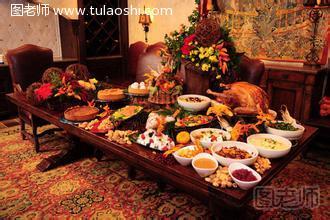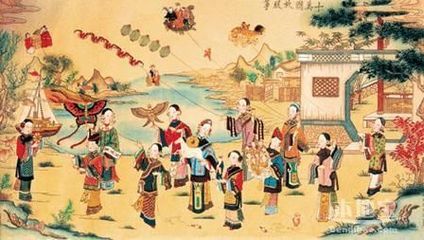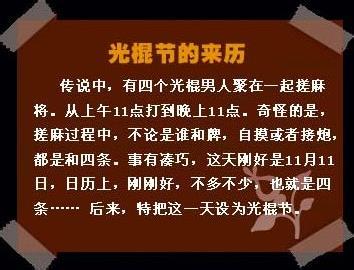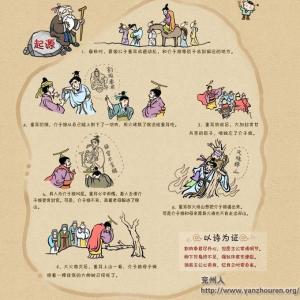Halloween (or Hallowe'en) is an annual holiday observed on October 31, which commonly includes activities such as trick-or-treating, attending costume parties, carving jack-o'-lanterns, bonfires, apple bobbing, visiting haunted attractions, playing pranks, telling scary stories, and watching horror films.
Historian Nicholas Rogers, exploring the origins of Halloween, notes that while "some folklorists have detected its origins in the Roman feast of Pomona, the goddess of fruits and seeds, or in the festival of the dead called Parentalia, it is more typically linked to the Celtic festival of Samhain, whose original spelling was Samuin (pronounced sow-an or sow-in)".The name is derived from Old Irish and means roughly "summer's end".Snap-Apple Night (1832) by Daniel Maclise.Depicts apple bobbing and divination games at a Halloween party in Blarney, Ireland.The name 'Halloween' and many of its present-day traditions derive from the Old English era.
The word Halloween is first attested in the 16th century and represents a Scottish variant of the fuller All-Hallows-Even ("evening"), that is, the night before All Hallows Day.[4] Although the phrase All Hallows is found in Old English (ealra hālgena m?ssed?g, mass-day of all saints), All-Hallows-Even is itself not attested until 1556.
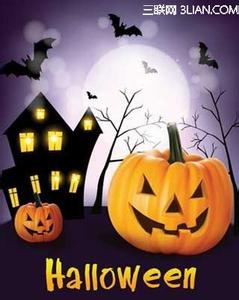
 爱华网
爱华网